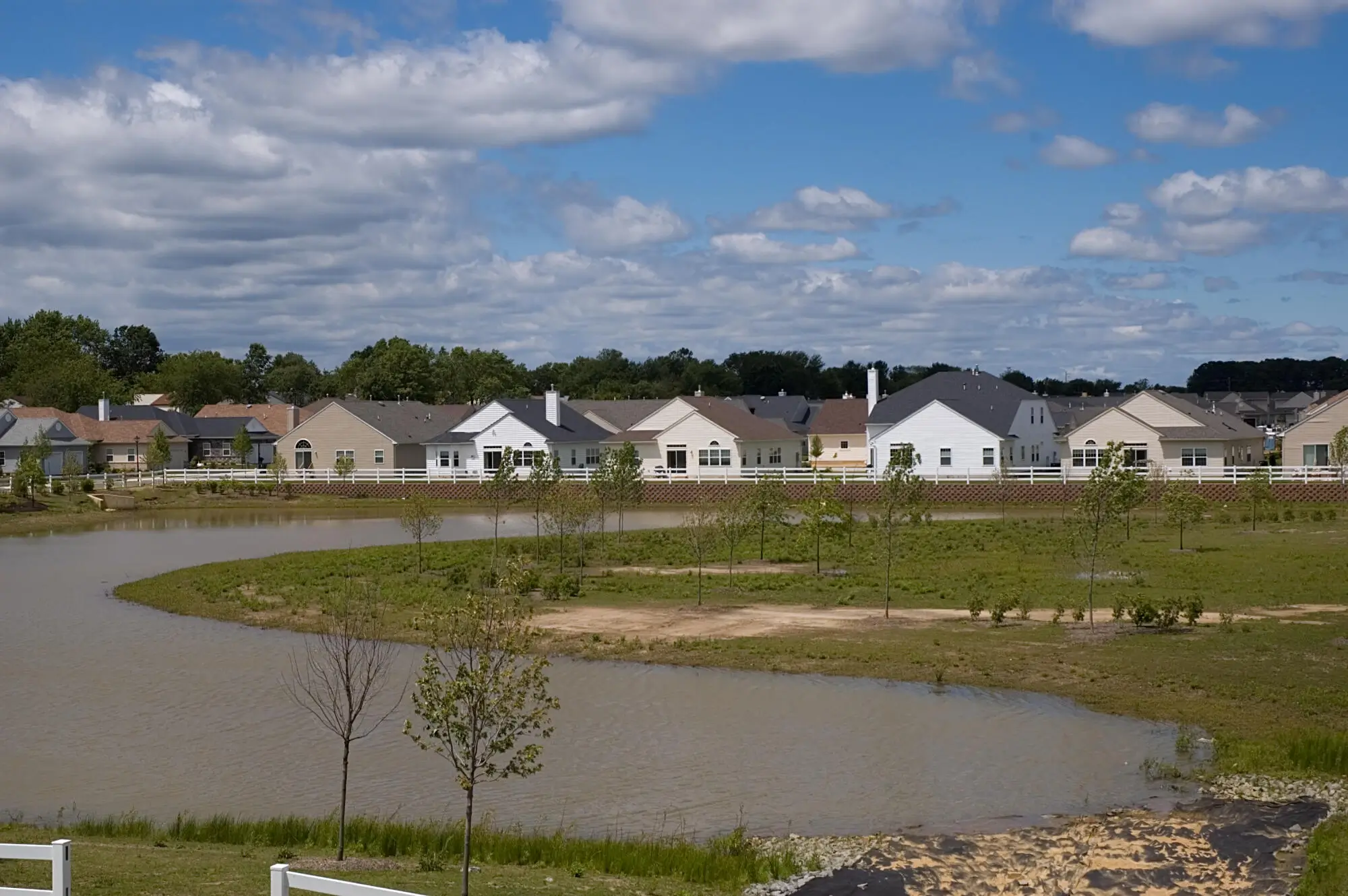In any residential community governed by a homeowner association (HOA), adherence to rules and regulations plays a pivotal role in ensuring a harmonious living environment. However, managing violations can be a challenge.
Have you ever wondered about the distinction between HOA repeat violations and continuing violations? Understanding these terms is vital for homeowners and board members alike.
Breaking Down HOA Violations
First, let's look at what constitutes a violation within property management. A violation occurs when a homeowner does not comply with the established rules set forth by the HOA. This could include anything from failing to maintain the exterior of their property to unauthorized changes in landscaping. Recognizing whether a violation is classified as a repeat or continuing one is essential for effective management.
What Are HOA Repeat Violations?
Repeat violations refer to instances where a homeowner has been previously cited and has failed to correct the issue in the timeframe provided by the HOA. For example, if a homeowner receives a warning about not cutting their grass to the required height and they ignore that warning, this scenario constitutes a repeat violation. This can lead to further HOA violation penalties, such as fines or even legal action.
What Are Continuing Violations?
In contrast, continuing violations are ongoing issues that persist without resolution. They often start as a single infraction but become a continuing problem when remaining unaddressed.
An example would be a homeowner allowing their fence to deteriorate over time without taking action to repair it. Not resolving HOA issues can also lead to significant problems for the community at large, lowering property values and impacting the community's aesthetic.
The Importance of Full-service Association Management in the Woodbridge, Virginia area
Effective management strategies can help curb both repeat and continuing violations. Professional full-service Association Management in the Woodbridge, Virginia area can implement clear communication channels for homeowners. This includes:
- Regular reminders regarding community standards
- Organized schedules for maintenance check-ups
- Establishing a fair penalty system to encourage compliance
- Creating community forums to discuss violations and solutions
Creating an environment of cooperation and clarity allows management to help homeowners understand the importance of adhering to HOA rules. This proactive approach to HOA rules enforcement is critical in preventing both repeat and continuing violations.
Communicating with Homeowners
Open lines of communication are essential between the HOA and its members. Regular newsletters, meetings, and community outreach initiatives can help to reinforce the importance of community standards.
Another community management strategy is to offer solutions and resources for remediation. If a homeowner has a continuing violation, providing them with information about local services or programs that can assist with compliance can motivate them to take action. Empowering residents is key to promoting community growth.
Creating a Cooperative Environment
Building a sense of community is fundamental for tackling violations. Engaging with homeowners directly can help to confirm their commitment to community standards. Hosting events, encouraging neighborhood watch programs, and establishing committees that focus on community well-being can all contribute to a positive living experience.
Final Thoughts
Full-service Association Management in the Woodbridge, Virginia area serves as a cornerstone for establishing a well-maintained community. Emphasizing consistency, communication, and community cooperation can significantly impact the level of compliance with HOA rules.
PMI Prince William has spent over 20 years providing exceptional support to enhance community living experiences and reduce HOA repeat violations. To learn how we can help, schedule a consultation.


